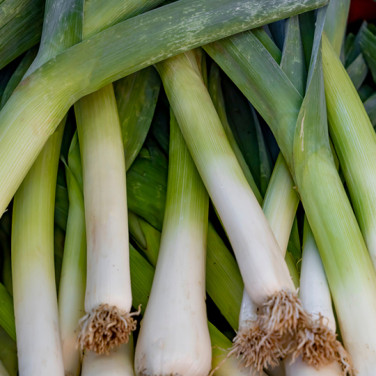FOOD
Can Dogs Eat Almonds? Which Nuts Are Safe For Dogs?
페이지 정보
본문
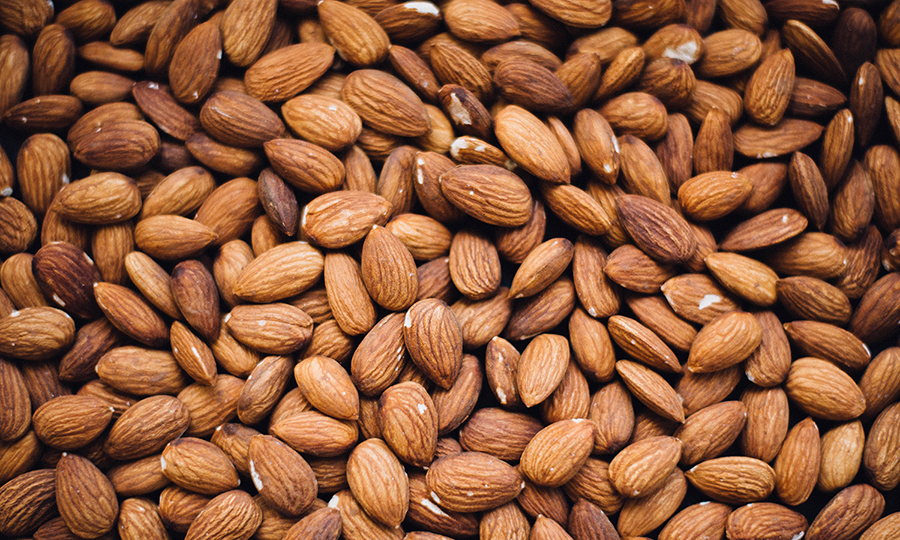
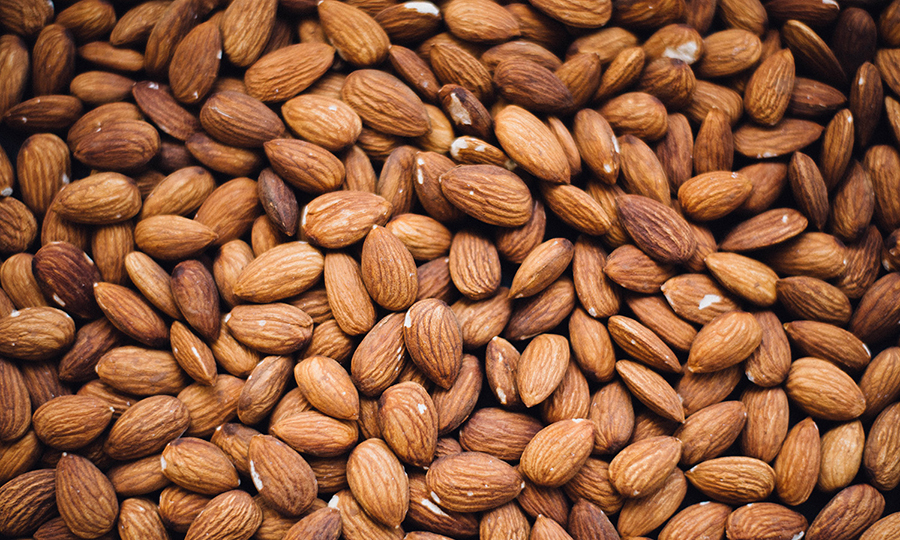
Can dogs eat almonds? NO!
Almonds are not toxic to dogs, but they can cause health issues such as digestive problems and pancreatitis due to their high-fat content and difficulty to digest. Additionally, aflatoxin, a fungal toxin that can occur as a result of spoiled nuts, can be dangerous to dogs. If almonds are not chewed properly and are swallowed whole, they can also cause blockages in the esophagus and intestines. It is best to avoid feeding almonds to dogs to prevent these potential problems.
Why dogs shouldn’t eat almonds
High-fat content raises the risk of digestive disorders and pancreatitis. Almonds are not easily digestible for dogs and can cause an upset stomach if ingested improperly. Like most nuts, they are high in fat and can lead to pancreatitis if consumed in large quantities.
Symptoms of gastrointestinal disorders that can be caused by eating almonds:
- Vomiting
- Diarrhea
- Flatulence
- Loss of appetite
- Lethargy
Dangers of swallowing without chewing
The oral structure of a dog is better suited for biting and ripping, so it can be a challenge for them to chew and evenly crush small nuts like almonds. Swallowing almonds whole can block the esophagus or intestines of a dog, especially for small breeds.
High phosphorus content in almonds
Eating large amounts of almonds may increase the risk of bladder or kidney stones because they contain high levels of phosphorus.
What is aflatoxin poisoning?
In the case of nuts like walnuts, peanuts, and pistachios, a toxin called aflatoxin is produced by mold that develops when in contact with air or moisture due to improper storage. Aflatoxins can be fatal to a dog's health.
Signs of aflatoxin poisoning:
- Jaundice
- Coma
- Liver failure
- Loss of appetite
- Vomiting
Food allergy
As with any other food, the first time feeding anything may cause an allergic reaction and cause intolerance. It is recommended to give a small amount of the first food to be tested and monitored for signs of allergy. If your puppy shows any signs of an allergy, it is recommended to stop feeding and contact your veterinarian immediately.
Signs of an allergic reaction to look out for:
- Skin problems: hives, facial swelling, itchiness
- Digestive problems: vomiting and diarrhea
- Shortness of breath
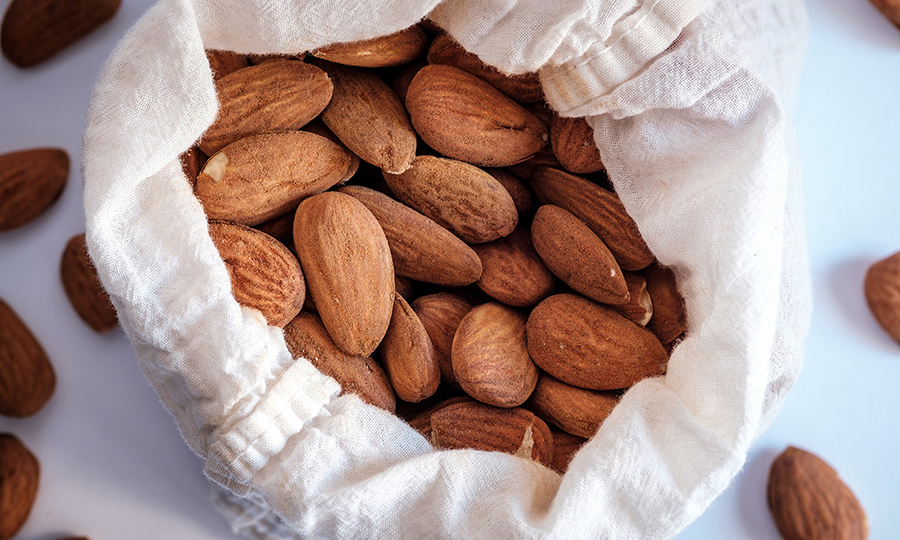
Can dogs have seasoned almonds?
Nuts and almonds that are sold for human consumption may contain additives such as salt, sugar, and seasoning to enhance their flavor, but these additives can be harmful to a dog's health. Consuming a high amount of salt can cause water retention and salt poisoning in dogs, which can be particularly dangerous for pets with heart disease.
My dog just ate some almonds, what should I do?
Almonds are not toxic to dogs, so don't worry too much if your dog has ingested one or two. However, it is a good idea to monitor for any potential health problems and watch for signs of gastrointestinal upset, such as vomiting, diarrhea, or greasy stools. If your dog consumes a large number of almonds at once, it is best to induce vomiting as soon as possible and seek professional help.
Can dogs eat other nuts like peanuts, macadamia, and chestnuts?

Depending on the type, there are different kinds of nuts that can be safely fed to dogs. However, even if they are not toxic, it can be a problem to give a large amount due to their high-fat content.
Nuts dogs can eat
-
Chestnut:
A nutritious snack that is easily digested, rich in fiber and vitamins, and contains carotenoids, which strengthen the immune system and are beneficial for overall health. For optimal digestion, remove the skin and serve them cooked, as they are easier to digest than raw chestnuts.
-
Peanuts:
Peanuts are legumes that are rich in protein, healthy fats, vitamins, calcium, and phosphorus. However, due to its high-fat content, it is recommended to feed it in small amounts.
-
Sunflower Seeds:
A nutritious snack rich in fiber, protein, vitamins, and minerals. Sunflower seeds that have not been salted or seasoned can be peeled and served.
Nuts dogs should not eat
-
Macadamia:
Macadamia nuts are toxic to dogs, and ingestion can cause symptoms such as vomiting, diarrhea, tremors, high fever, and difficulty walking. If your dog has ingested macadamia nuts, it is important to seek immediate medical attention at a hospital.
-
Bitter almonds:
Bitter almonds contain cyanide precursors which are toxic and can cause emergencies if ingested.
-
Pecans:
Juglone, a compound found in pecans, is toxic to dogs and can cause digestive problems.
Curious about what is safe for dogs to eat?
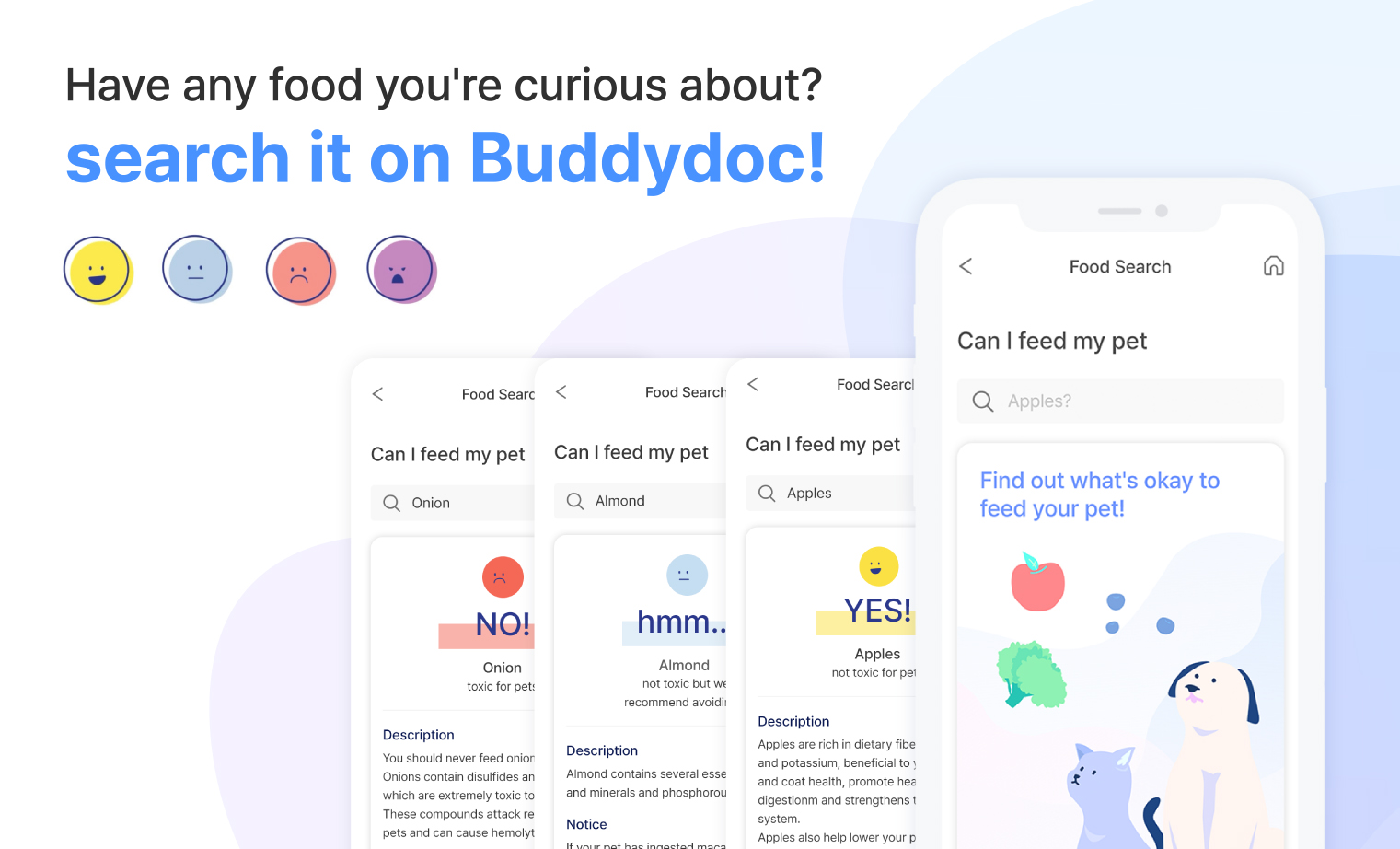
Does your dog also look up at you with those puppy dog eyes whenever you are snacking on something? You know foods like chocolates should not be shared with them but do you search the Internet every time if it’s okay to share a bite of whatever you are eating? The Buddydoc Food Dictionary provides information on hundreds of foods that we consume and informs you whether it is safe for them to consume and the nutritional benefits for your pet. If you're curious about other foods, try searching on Buddydoc!




